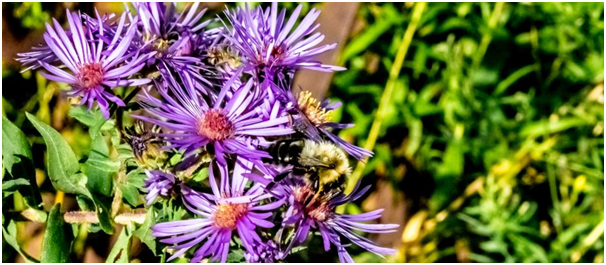

About
- The concept could not only help in providing forage, shelter and nesting places for local bees and birds, but also play a pivotal role in conserving local wildlife
- Pollinator insects play a huge role in achieving cross pollination in a wide diversity of crops and plants that are important to both, human ecology and economy.
- Three distinct global industries namely agriculture, forestry and apiculture are directly and indirectly dependent upon pollination services provided by biological agents or vectors such as different species of insects, molluscs (such as snails and slugs), birds (like humming bird species) and mammals (such as bats).
- Insects such as bees, moths and butterflies, certain species of flies, beetles, wasps and ants play a significant important role in cross pollination in various important crops and plant species.
- Among insects, bees play the most important role in providing pollination services to a wide diversity of plants on which we are dependent for maintaining the stability of both our ecosystem as well as our global economy.
- A pollinator sanctuary can prove to be a powerful technology in the field of pollinator insect conservation, with special emphasis on honey bees and native bees. The Pollinator Sanctuary project is funded by the well-respected provincial funding programme titled ‘Canadian Agricultural Partnership’ to investigate a new sustainable and innovative technology platform for bee conservation.
- Some of the causal factors cumulatively adding to the global bee decline include:
- Industrial agricultural practices like overuse of pesticides and fertilisers
- High level of pollution
- Rapid change in our traditional land use patterns
- Climate change
- Colony collapse disorder
- Rapid rise in bee parasitic diseases
- Lack of suitable bee habitats and nutrition due to loss of their host plant species for adequate supply of nectar and pollen throughout the season



